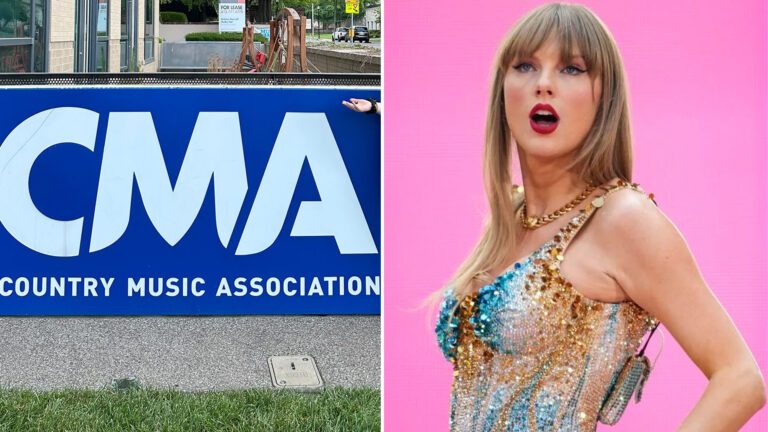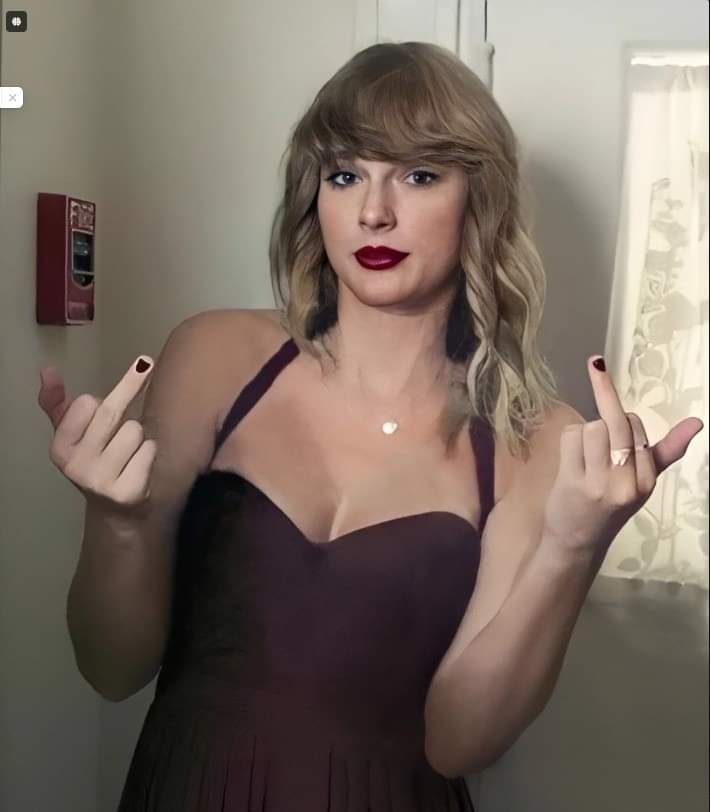In an unprecedented move, several major American social media platforms have begun banning the use of three-word statements and comments linked to pop superstar Taylor Swift in relation to recent politically charged news. The decision, which has sparked a wave of debate across the internet, is said to be an attempt to curb the spread of disinformation and toxic discourse as tensions rise over ongoing political controversies.
The three-word phrases, which have not been officially disclosed by the platforms but are being heavily censored, are reportedly linked to comments Swift made or is being associated with in the public domain. This development comes in the wake of the singer’s increasingly vocal stance on political and social issues, which has earned her both widespread praise and heated backlash.
While platforms like Twitter (now X), Instagram, and Facebook have not commented directly on which specific statements are being removed, users have noticed a sudden surge in flagged posts that include Swift’s name and short, seemingly innocuous comments. The crackdown has prompted both fans and critics to accuse social media companies of overreach, with some arguing that it infringes on free speech.
A spokesperson for one of the platforms, who requested anonymity due to the sensitivity of the matter, explained, “We are committed to maintaining a safe and respectful environment. In this specific instance, certain phrases that have been co-opted or weaponized are being removed to prevent harm or the spread of misinformation. Our focus remains on promoting productive conversations.”
Taylor Swift, known for her legion of dedicated fans—often called “Swifties”—has not yet commented on the matter. However, political analysts believe the crackdown could be related to ongoing speculation about her potential influence in upcoming elections. Swift’s recent activism, including endorsing specific political candidates and causes, has put her at the center of a larger debate about the role of celebrities in politics.
Supporters of Swift have already begun mobilizing online, with some trending hashtags calling for transparency and urging platforms to clarify what constitutes a bannable offense. Critics, on the other hand, argue that the ban is necessary to prevent the spread of divisive rhetoric, which they claim has been exacerbated by Swift’s comments.
As the controversy continues to develop, it remains unclear how long the restrictions will stay in place or whether more social media platforms will follow suit. Legal experts are already weighing in, with some questioning whether the bans violate free speech protections.
This move could mark a new chapter in the evolving relationship between entertainment, politics, and social media governance, leaving users to wonder where the line will be drawn next.







